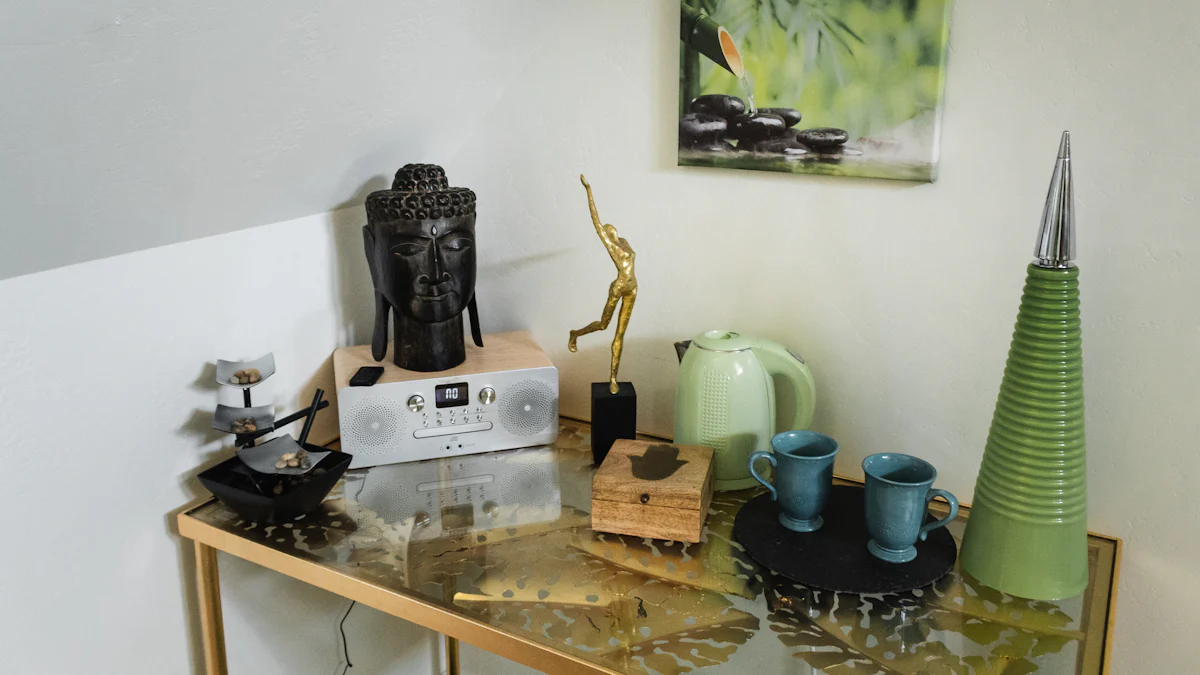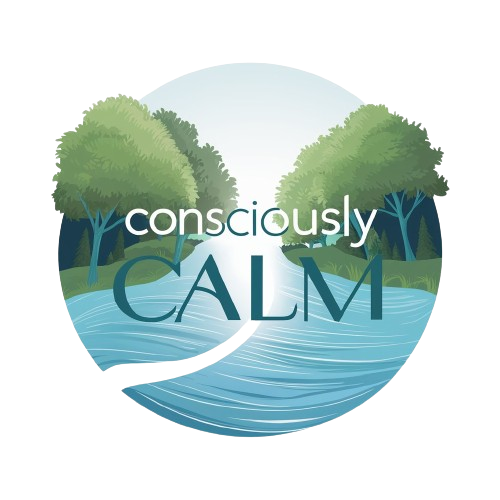How to Begin a 10-Minute Meditation Routine

Meditation offers a path to tranquility and well-being. Many people turn to meditation for health benefits. Meditation can reduce stress and anxiety levels. A 10-minute meditation for beginners provides a manageable start. This short practice can enrich anxiety levels and curtail symptoms of stress. Starting small fosters consistency and commitment. Meditation may decline blood pressure and boost general wellness. Begin your journey with a simple routine. Embrace the opportunity for personal growth and mindfulness. Take the first step towards a more peaceful life.
Understanding 10-Minute Meditation for Beginners
What is Meditation?
Definition and purpose
Meditation involves focusing the mind to achieve a state of calm and clarity. People use meditation to enhance mental well-being and foster self-awareness. Regular practice can lead to a deeper understanding of thoughts and emotions. Meditation serves as a tool for personal growth and mindfulness. The practice encourages individuals to live in the present moment.
Different types of meditation
Several types of meditation exist, each offering unique benefits. Mindfulness meditation emphasizes awareness of the present moment. Practitioners focus on breathing and bodily sensations. Transcendental meditation involves repeating a mantra to settle the mind. Guided meditation uses spoken instructions to lead the practitioner through a journey. Each type provides a different path to relaxation and insight.
Benefits of Meditation
Mental health benefits
Meditation offers significant mental health benefits. Studies show that meditation reduces symptoms of anxiety and depression. Practicing meditation improves attention and emotional regulation. The practice enhances mood and decreases suicidal thoughts. Meditation also increases gray matter in the brain, which supports memory and emotional control.
Physical health benefits
Meditation positively impacts physical health. Research indicates that meditation lowers blood pressure and decreases cortisol levels. This practice diminishes inflammation and biological stresses at the molecular level. Meditation improves sleep quality and boosts overall wellness. Individuals with stress-related conditions like fibromyalgia experience relief through meditation. A 10-minute meditation for beginners can serve as an effective starting point for these health improvements.
Preparing for Your Meditation Routine

Setting Up Your Space
Choosing a quiet location
A peaceful environment enhances meditation. Select a spot where noise remains minimal. A quiet room or a secluded corner works well. Nature sounds like birds chirping can add serenity. Avoid areas with frequent interruptions. Consistency in location helps establish a routine.
Creating a comfortable environment
Comfort promotes focus during meditation. Use soft lighting to create a calming atmosphere. Ensure the temperature suits personal preferences. Arrange the space to feel inviting and uncluttered. Personalize the area with items like plants or candles. A dedicated space signals the mind to relax.
Gathering Necessary Tools
Meditation cushions or chairs
Meditation cushions support posture and comfort. These cushions help distribute weight evenly. Proper alignment reduces physical discomfort. Cushions prevent numb legs and protect knees. Ergonomic designs promote better posture. Some cushions come with customizable filling options. A chair can also provide support if preferred.
Optional tools like timers or apps
Timers ensure a consistent meditation duration. Set a timer for 10 minutes to maintain focus. Apps offer guided sessions and soothing sounds. Explore apps that track progress and provide tips. Some apps include reminders to encourage daily practice. Technology can enhance the meditation experience.
Starting Your 10-Minute Meditation for Beginners

Establishing a Schedule
Finding the right time of day for meditation can make a big difference. Some people find morning meditation energizes the day. Others prefer evening sessions to unwind. Choose a time that fits your lifestyle. Make meditation a priority in your daily routine.
Consistency builds a strong meditation habit. Commit to meditating at the same time each day. Set a reminder on your phone or calendar. Protect this time as you would any important appointment. Remember, even a short session like a 10-minute meditation for beginners can have profound effects.
Basic Meditation Techniques
Focused Breathing
Focused breathing forms the foundation of many meditation practices. Start by sitting comfortably with your back straight. Close your eyes gently and take a deep breath in. Feel the air fill your lungs and then slowly exhale. Pay attention to the sensation of your breath. Notice how your chest rises and falls. If your mind wanders, gently bring your focus back to your breathing. This technique helps calm the mind and center your thoughts.
Body Scan
The body scan technique promotes relaxation and awareness. Begin by lying down or sitting comfortably. Close your eyes and take a few deep breaths. Start by focusing on your toes. Notice any sensations or tension. Gradually move your attention up through your body. Spend a moment on each area, from feet to head. Acknowledge any discomfort without judgment. This practice encourages mindfulness and connection with your body.
Overcoming Common Challenges
Dealing with Distractions
Distractions often disrupt meditation. Techniques to refocus can help maintain concentration. Start by acknowledging the distraction without judgment. Gently guide attention back to the breath. Use a mantra or simple phrase to anchor the mind. Practice patience and persistence.
Creating a distraction-free zone enhances focus. Choose a quiet space with minimal noise. Inform others about meditation time to avoid interruptions. Use earplugs or calming music if needed. A dedicated area signals the mind to relax.
Staying Motivated
Staying motivated requires setting realistic goals. Begin with short sessions like a 10-minute meditation for beginners. Gradually increase the duration as comfort grows. Celebrate small achievements to boost confidence. Remember that progress takes time.
Tracking progress encourages consistency. Keep a journal to note experiences and feelings. Reflect on changes in mood and stress levels. Use apps to monitor meditation streaks. Visual reminders can inspire continued practice.
"Meditation really helped during benzodiazepine withdrawal," shared one individual. "It brought peace and reduced worry." This personal story highlights the transformative power of meditation. Embrace the journey and find your own path to tranquility.
Meditation can transform your life. Many people have experienced reduced stress and anxiety through regular practice. A 10-minute meditation for beginners serves as a powerful tool for mental clarity and emotional balance. Kelvin shared that meditation changed his life in just three weeks, reducing symptoms like chest pain and anxiety. Others found meditation essential for healing and personal growth. Continue exploring meditation to unlock its full potential. Consider resources like guided apps or local classes to deepen your practice. Embrace this journey towards a more mindful and peaceful life.
See Also
Top Meditative Practices for a Relaxing Getaway
Crafting a Serene Morning Schedule for Improved Mental Health
Incorporating Mindfulness into Your Family's Everyday Routine

